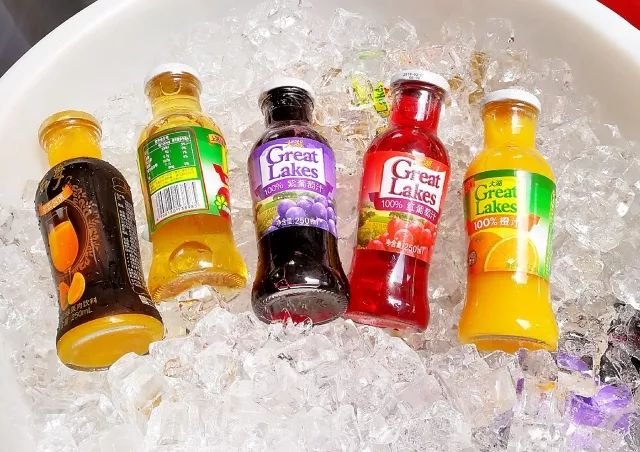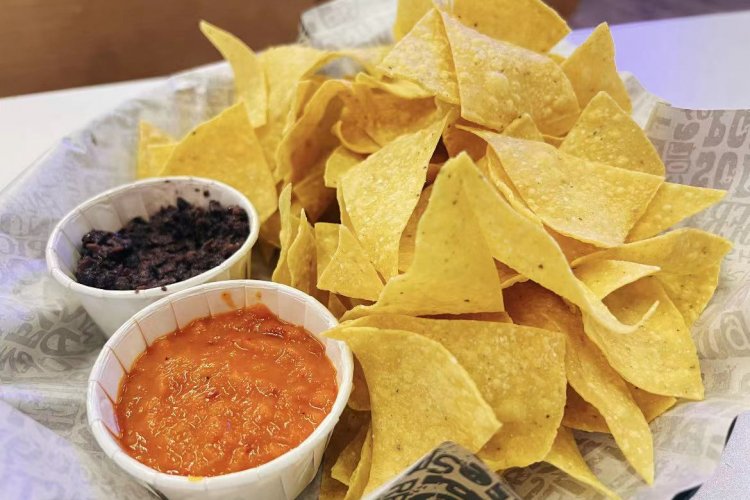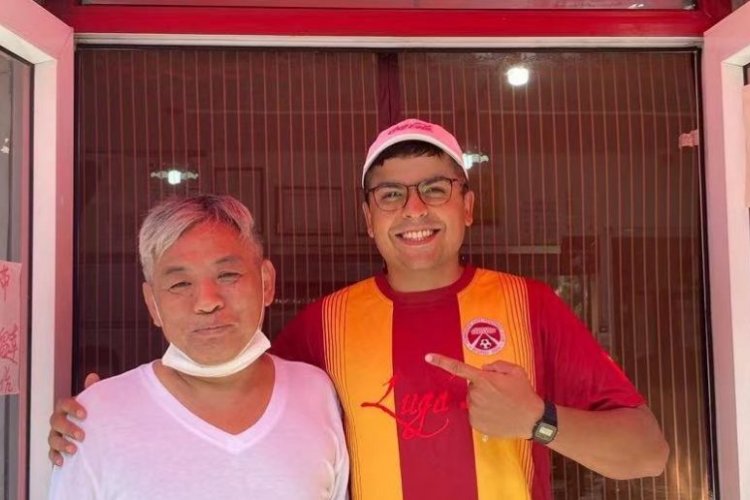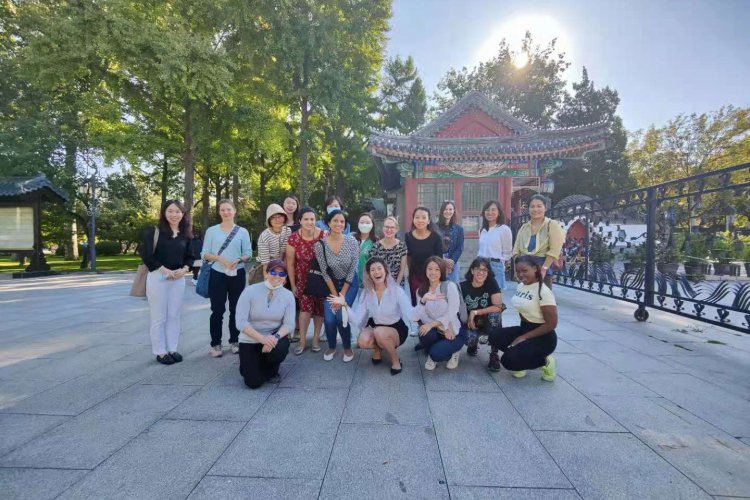Oishi: The Filipino Snack Giant That Won the Hearts (and Stomachs) of Chinese Patrons
In the wake of our 2018 Beijing Burger Festival, our Rock-Hard Buns series will whet your appetite by taking a look at those vendors who slung their wares at that veritable meat fest.
When it comes to snacking in China, a few examples remain entrenched in many foreigner's minds. That's because chicken feet, stinky tofu, and other ubiquitous mainland munchies are so different (in terms of flavor, texture and, ahem, odor) that what we'd find in the West. Even familiar Western treats like potato chips and ice cream can easily be found in iterations meant to appeal to the Chinese palate that frequently leaves the average waiguoren gobsmacked, be it green pea-flavored popsicles or Lay's "hot and sour fish soup potato chips."
This might lead outsiders to assume that Chinese snacking habits are extremely distinct and inscrutable for those who didn't grow up gobbling indigenous grub down. So those uninitiated onlookers might be all the more surprised to realize that one of the highest selling snack companies in China is not Chinese but in fact from the Philippines. As financial publication Money Times put it in one article: "Philippines snackmaker Liwayway Group is now a leading brand in China." Chalk that up to Liwayway's Oishi snacks, especially their hugely popular, crispy, and deep sea salty prawn crackers.

The company's recent lofty standing – reaching sales of USD 1 billion in 2013, cracking the top five snack brands in the Asia Pacific in 2014, operating 12 factories in China across 14 locations for 400 dealers – is a far cry from its humble origins. According to Business Inquirer, the company kicked off as a scrappy small business in post-war Manila with a focus on repacking cornstarch. Before long, it owner incorporated the business as Liwayway Marketing Corp. (LMC) and branched out from starch to coffee and confectioneries. Their slow and steady rise reached a new plateau in the '70s when the company "quietly entered the nascent snack food business and introduced its first product, Oishi Prawn Crackers." In the ensuing years, Liwayway's insightful owners saw ripe potential in China's slowly liberalizing market under Deng Xiaoping, and in 1993 they opened Liwayway Holdings Company Ltd. in Shanghai.
By beginning those Middle Kingdom dealings more than two decades ago, Liwayway now stands as not only one of the first but also one of the longest running foreign investors in China. And those successes reach beyond stats and figures to more ethereal, but equally important breakthroughs. China Daily food critic Dong "Jessica" Fangyu, for instance, says the company's snacks, which she affectionately refers to by the Chinese title, Shanghaojia, make her feel nostalgic because they would devour that puffy prawn flavored crisps as children, back when China's snack options were but a fraction of what's on offer today. In fact, the snacks were such a ubiquitous part of her early years that she was surprised to learn, at the outset of our interview, that the snacks don't hail from her homeland, exclaiming: "Ah! I didn't know Shanghaojia is actually a Philippine brand!"

And while competition has grown far more fierce in recent years, as other foreign snack brands become widely available, Oishi's standing on the mainland has remained firm. That was apparent at the recent 2018 Beijing Burger Festival earlier this year, where Oishi's stall not only doled out long beloved delectably salty crisps but also parts of their more recently diversified repertoire like their sweet and fruity Great Lakes juice. Indeed, as more and more companies vie for supremacy in China's rapidly evolving market, plenty of those firms will likely look to seasoned vets like Oishi as standard bearers.
For more about the splash like Oishi made at the 2018 Beijing Burger Festival, click here.
Photos courtesy of Oishi







